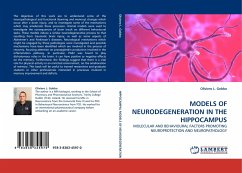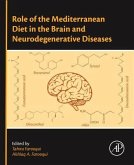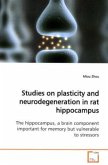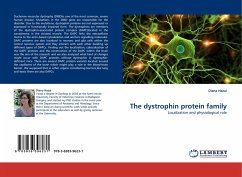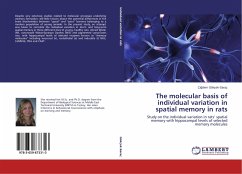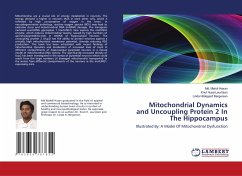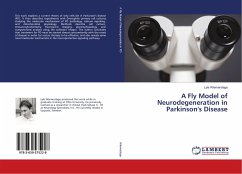The objectives of this work are to understand some of the neuropathological and functional (learning and memory) changes which occur after a brain injury, and to investigate some of the mechanisms which may ameliorate these processes. Animal models were used to investigate the consequences of brain insult on different behavioural tasks. These models induce a similar neurodegenerative process to that resulting from traumatic brain injury, as well as some aspects of Alzheimer s and Parkinson s diseases. Neurological mechanisms which might be engaged by these pathologies were investigated and possible mechanisms have been identified which are involved in the process of recovery, focusing attention on prostaglandin production involved in the inflammation pathway. In particular, PGE2 was found to play dichotomous roles in the brain: it can have positive or negative effects on the memory. Furthermore, the findings suggest that there is a vital role for physical activity in an enriched environment, on the amelioration of memory. This book will be useful to trained researchers and graduate students or other professionals interested in processes involved in memory improvement and deficits.
Bitte wählen Sie Ihr Anliegen aus.
Rechnungen
Retourenschein anfordern
Bestellstatus
Storno

